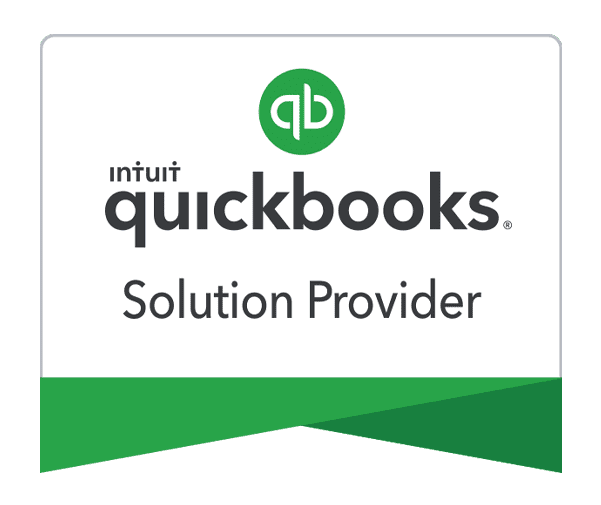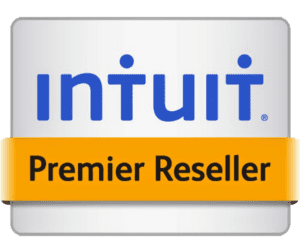Just register for the free trial below and we will send you everything you need to evaluate QuickBooks Online including 30-day access, the full 76-page QuickBooks Online Guide (details everything that you can do in the software) plus the video training library. Free end-to-end consultation and support are included so if you need any help along the way, just let us know!

Paygration, Inc.
QuickBooks Self-Employed is a popular accounting software designed for freelancers and self-employed individuals. However, as your business grows and your accounting needs become more complex, it may be time to consider migrating to QuickBooks Online. This transition offers a wider range of features and functionalities that can streamline your financial management and help you scale your business effectively.
In this article, we will explain when to migrate from QuickBooks Online Self-Employed to QuickBooks Online. We will also guide you through the steps on how to do the migration.
When to Migrate from Self-Employed to QuickBooks Online?
- Your business is growing: One of the key reasons to upgrade from QuickBooks Self-Employed to QuickBooks Online is when your business is growing, and your accounting requirements become more complex. QuickBooks Online offers more advanced features, including invoicing, inventory tracking, time tracking, and project management. These advanced capabilities enable you to manage your expanding business more efficiently and effectively.
- You have multiple team members or need to collaborate with an accountant: Unlike QuickBooks Self-Employed, QuickBooks Online allows multiple users to access and work on the same company file simultaneously. This facilitates seamless collaboration and enables real-time access to financial data for all relevant stakeholders.
- You require enhanced reporting and analysis: As your business grows, it becomes increasingly important to have access to comprehensive and customizable reports. QuickBooks Online offers a wider variety of reporting options compared to QuickBooks Self-Employed. With advanced reporting features such as profit and loss statements, balance sheets, cash flow reports, management reports, and custom reports, you gain valuable insights into your business’s financial health.
Sample profit and loss report in QuickBooks
- You’re looking for expanded integrations: QuickBooks Online integrates with a wide array of third-party applications and services, expanding its functionality and enabling you to streamline your business processes. You can connect to popular apps for CRM, e-commerce, payroll, payment gateways, inventory, and more. For instance, you can integrate QuickBooks with inventory management software like Acctivate and HandiFox.
- You need enhanced scalability: As your business expands, QuickBooks Online provides the necessary tools and flexibility to accommodate your evolving needs. You can easily add more features, scale up your operations, and manage a larger customer and vendor base without experiencing limitations.
If you would like to try the full version of QuickBooks Online Advanced, click here to get a free 30-day no-commitment trial plus access to the full video training library.
How to Migrate from Self-Employed to QuickBooks Online
- Create a checklist of the specific data you want to transfer to QuickBooks Online. You can transfer different types of data to QuickBooks Online, including invoices, bank feeds, and business and personal transactions.
- Make sure all transactions are reviewed: Note that only reviewed transactions are transferred to QuickBooks Online, so if you have any unreviewed transactions, make sure to review them before the migration. Also, be sure to print all available reports, which will serve as a physical backup of your data in case something goes wrong while migrating your data.
- Initiate the migration process: From your QuickBooks Self-Employed dashboard, click on the gear icon and then select Upgrade under PROFILE.
- Select a QuickBooks Online plan: QuickBooks Online will then open up a screen where you can select a plan (i.e., Simple Start, Essentials, or Plus). Note that there’s no option to automatically upgrade from QuickBooks Self-Employed to QuickBooks Online Advanced. If you need help deciding which plan to choose, read our guide to choosing the best QuickBooks Online version.
- Complete the migration process: Next, follow the on-screen instructions to complete the migration process. After the migration, you will be taken to QuickBooks Online automatically, where you are prompted to answer a series of questions to set up your company. After setting up your company, you’ll be taken to the QuickBooks Online dashboard, where you can start using its features.
QuickBooks Online dashboard
For detailed instructions on how to upgrade from QuickBooks Self-Employed to QuickBooks Online, watch the video below.
By migrating to QuickBooks Online, you gain access to advanced features and tools that enable you to streamline your financial management processes, improve efficiency, and expand your business capabilities. Whether it’s tracking income and expenses, managing invoices and payments, or gaining deeper insights into your financial health, QuickBooks Online offers a comprehensive solution for small businesses.
















